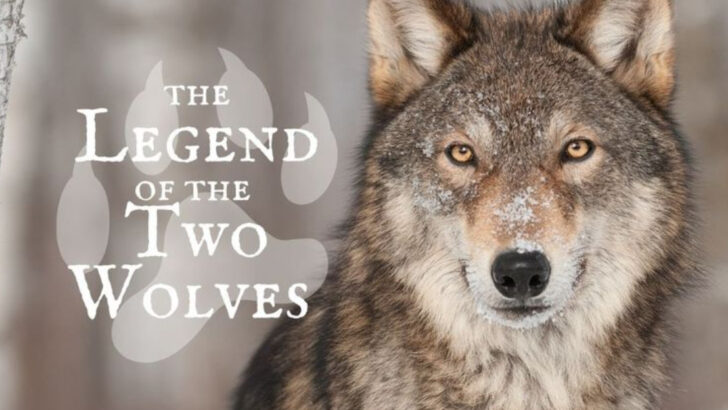Wolves have been haunting human stories for centuries—sometimes as fearsome villains, other times as wise and mystical beings. But somewhere along the way, America stopped listening.
These ancient tales aren’t just bedtime stories. They carry warnings, wisdom, and a deep connection to nature that modern society seems to have forgotten. From Native American legends to European fables that crossed the Atlantic, wolves have always been more than just animals—they are symbols of strength, loyalty, and survival.
Ignoring these stories means losing a part of our cultural roots. It means forgetting the lessons they teach about balance, respect, and the consequences of misunderstanding nature. Wolves are not the monsters of fairy tales, but their absence from folklore conversations today may be more alarming than any old superstition.
It’s time to pay attention again. These stories still have something to teach us—if we’re willing to listen.
Cultural Heritage
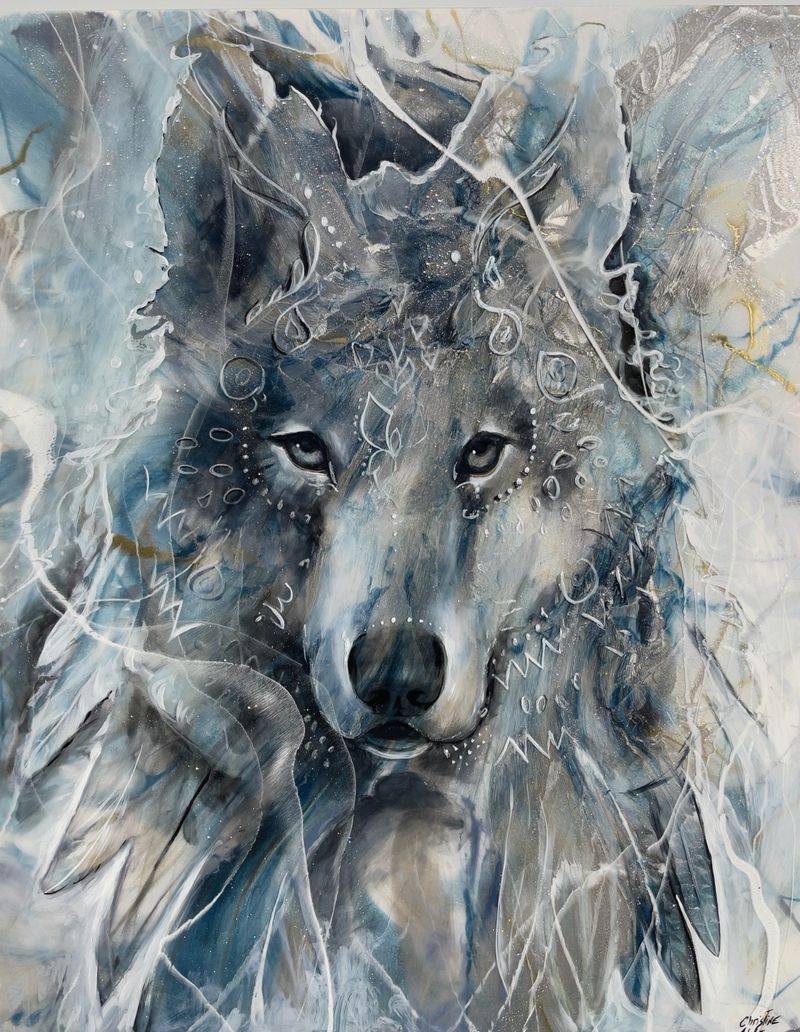
Wolves hold a significant place in the cultural heritage of many communities. Across different cultures, they are seen as symbols of power, cunning, and mystery. By exploring these stories, Americans can gain insight into diverse traditions and values. Understanding the portrayal of wolves in folklore can provide a richer appreciation for cultural narratives, helping to bridge gaps between different societies. These stories, passed down through generations, carry lessons and wisdom that are still relevant today. Embracing this cultural heritage can foster a deeper connection with the past and an appreciation for storytelling as an art form.
Environmental Symbolism
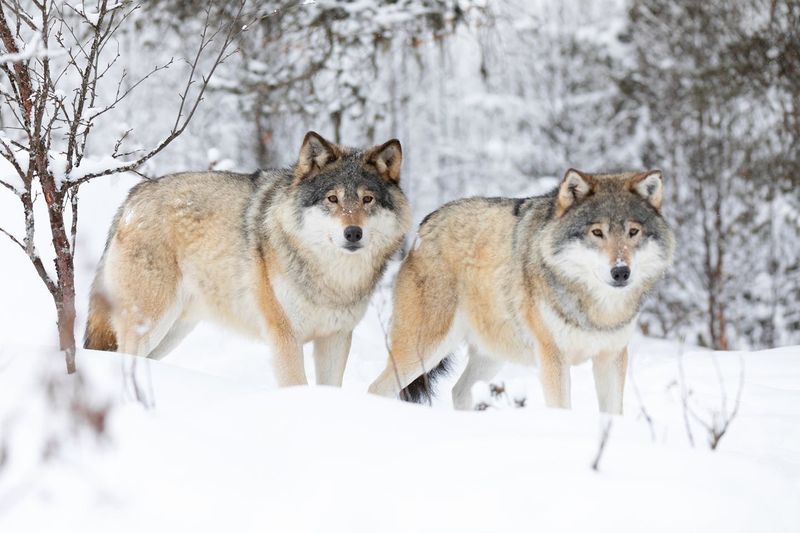
In folklore, wolves often symbolize the wilderness and the untamed aspects of nature. These stories can inspire Americans to reflect on the importance of conserving natural habitats. Wolves are integral to ecosystems, maintaining balance by managing prey populations. By appreciating their symbolic roles in folklore, people may become more conscious of environmental issues. This awareness can lead to greater efforts in wildlife conservation and habitat preservation. Stories about wolves can encourage a harmonious relationship with nature, highlighting the interconnectedness of all living beings and the need for sustainable practices.
Moral Lessons
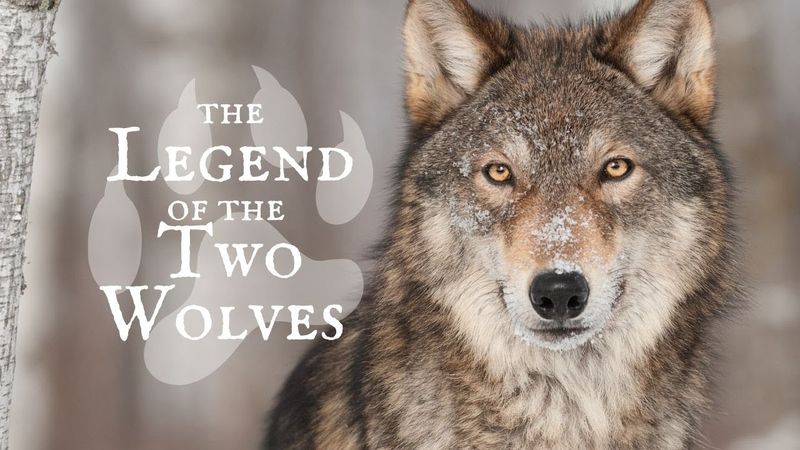
Wolves in folklore often embody moral lessons, teaching values like loyalty, courage, and caution. These narratives can be a valuable tool for imparting ethics and wisdom to younger generations. By engaging with these stories, Americans can learn timeless principles that guide personal and communal conduct. The tales often challenge listeners to think critically about right and wrong, encouraging moral reflection. This process can strengthen character and build a strong sense of community. Understanding these lessons through wolf stories can lead to personal growth and a more compassionate society.
Psychological Archetypes
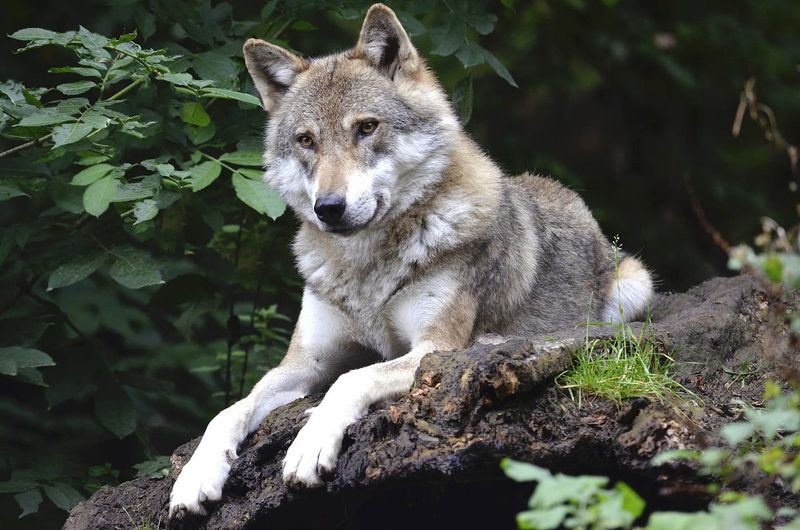
In many stories, wolves represent complex psychological archetypes, reflecting dualities like the hero and the villain, or the guardian and the predator. These archetypes can help Americans explore the human psyche and understand behavioral motivations. Engaging with wolf stories allows for the examination of inner conflicts and desires. This self-awareness can aid in personal development and emotional resilience. By recognizing these archetypal patterns, individuals can better navigate their relationships and societal roles. Folklore featuring wolves offers a mirror to our own nature, prompting introspection and growth.
Historical Context
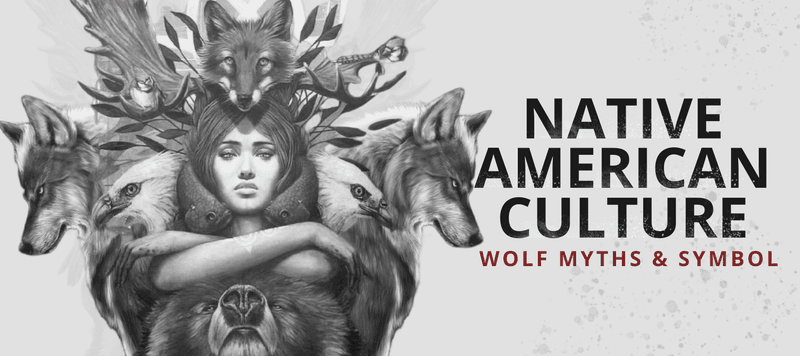
Wolf stories often provide a glimpse into historical contexts, offering insights into past societies’ views of nature and wildlife. These tales can help Americans understand how historical events and cultural attitudes shaped these narratives. By studying the evolution of wolf folklore, one can trace shifts in societal values and environmental perspectives. This exploration can enhance knowledge of history and contribute to cultural literacy. Appreciating the historical significance of these stories uncovers how humanity’s relationship with wolves has evolved over time, providing lessons for contemporary environmental policies and practices.
Artistic Inspiration
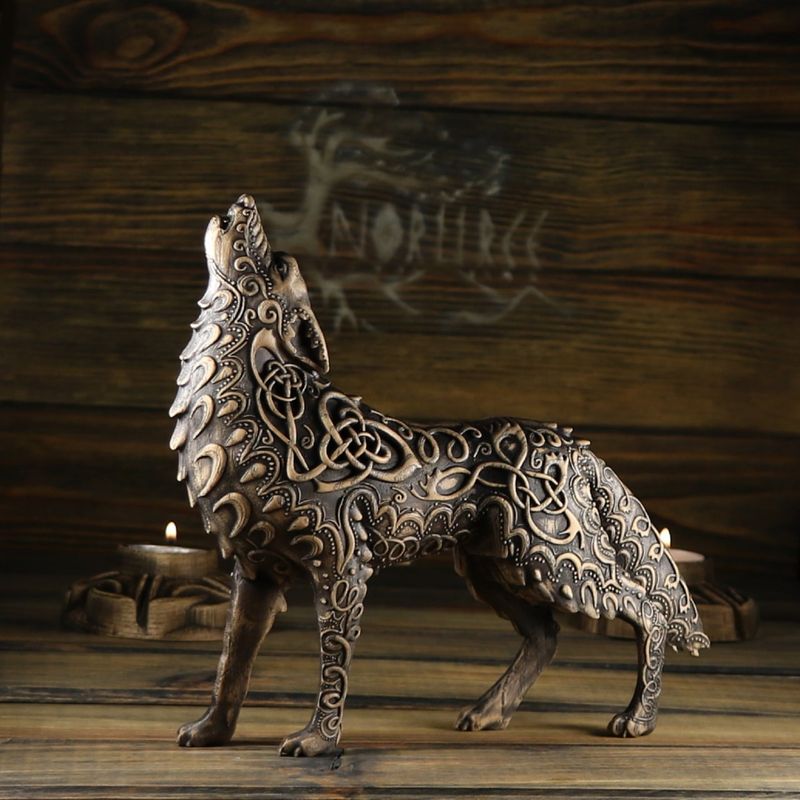
Wolves in folklore have long been a source of artistic inspiration, influencing literature, visual arts, and music. These stories can ignite creativity and encourage artistic expression among Americans. By drawing upon wolf narratives, artists can explore themes of nature, power, and transformation. This creative engagement enriches the cultural landscape and fosters innovation. Artistic interpretations of wolf folklore offer new perspectives and deepen understanding of human experience. By valuing this inspiration, America can nurture its artistic community and celebrate the diverse expressions of creativity that these stories inspire.
Cross-Cultural Connections
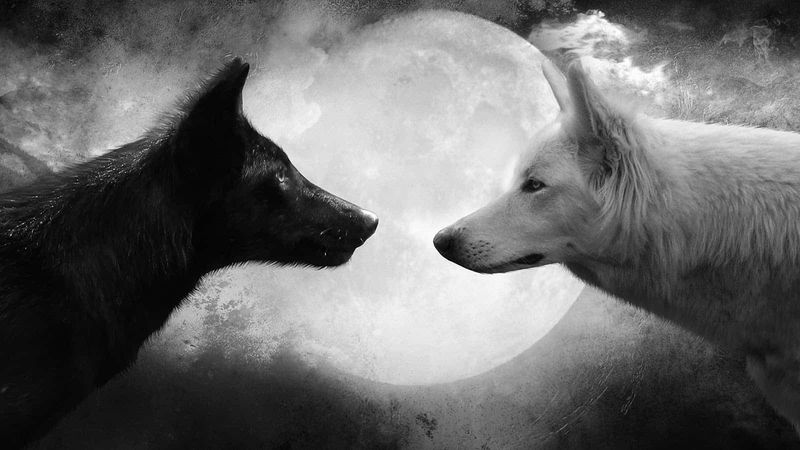
Wolves feature prominently across various cultures, making their stories a rich resource for fostering cross-cultural connections. By sharing and exploring these tales, Americans can build bridges of understanding between different communities. These narratives highlight universal themes and values, promoting empathy and cooperation. Engaging with wolf folklore from around the world encourages appreciation for diversity and a shared human heritage. This cultural exchange can strengthen social bonds and reduce cultural misunderstandings. Embracing these connections enriches the American cultural tapestry and supports a more inclusive society.
Understanding Fear
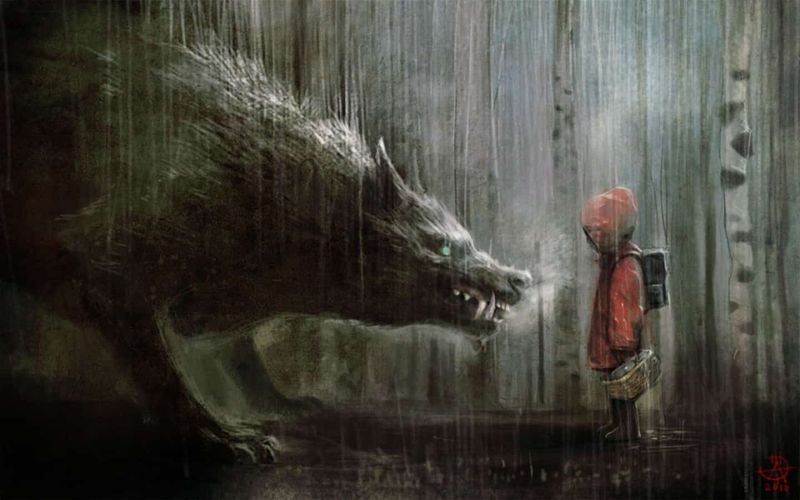
Wolf stories often evoke feelings of fear and fascination, reflecting human emotions and instincts. By confronting these narratives, Americans can gain insight into the nature of fear and how it shapes behavior. These tales can serve as a safe space to explore and understand primal fears, enabling personal growth. Through storytelling, individuals can learn to manage fear and develop resilience. This understanding can enhance mental health and well-being. By embracing stories that challenge our fears, we can transform them into sources of strength and empowerment.
Mythological Significance
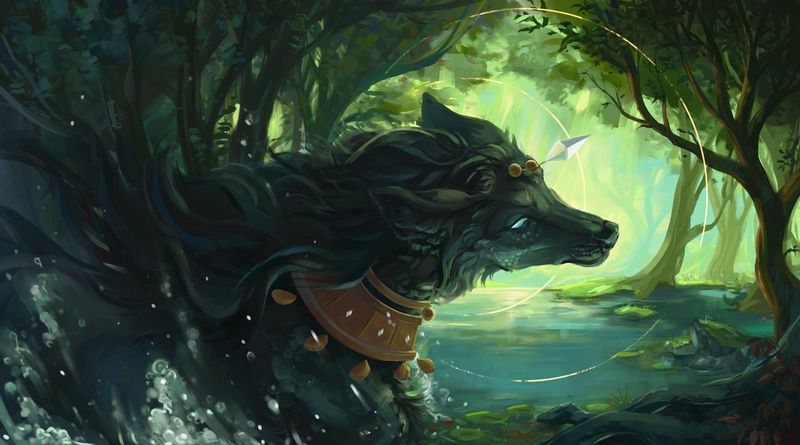
Wolves hold significant places in mythology, symbolizing various traits and deities. These stories offer Americans a window into the mythological significance of wolves in different cultures. Understanding these narratives can deepen appreciation for mythology and its impact on cultural beliefs. These tales reveal how wolves represent traits like loyalty, transformation, and freedom. By examining these symbols, individuals can gain insights into the values and ideologies of other societies. This understanding fosters greater cultural awareness and appreciation for the diverse ways in which mythology shapes human thought.
Educational Value
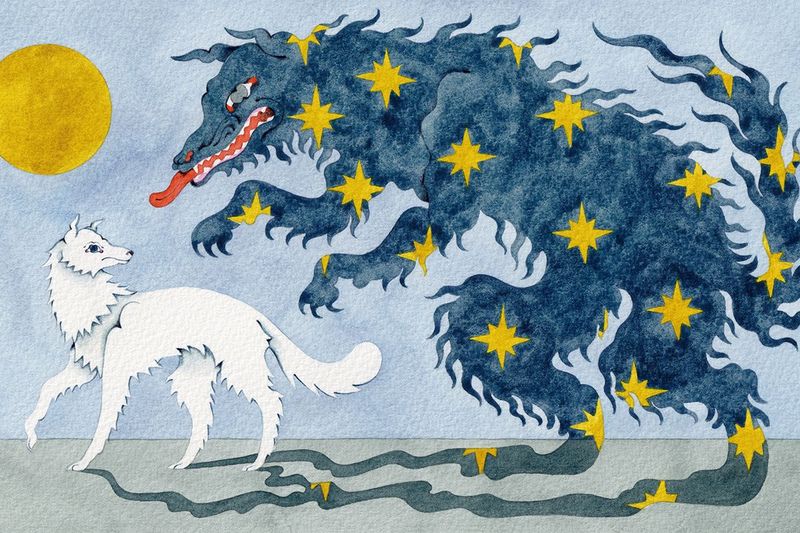
Wolves in folklore hold significant educational value, offering lessons in ecology, literature, and cultural studies. These stories can be utilized in educational settings to engage students in multidisciplinary learning. By exploring wolf narratives, students can develop critical thinking skills and cultural literacy. Educators can use these tales to teach ecological concepts, such as food webs and biodiversity, in an engaging manner. This approach encourages a holistic understanding of the world and fosters a love for learning. Incorporating wolf stories into education enriches the academic experience and inspires curiosity.
Conservation Advocacy

Stories about wolves can serve as powerful tools for conservation advocacy, inspiring action and raising awareness. By drawing attention to issues faced by wolves in the wild, these narratives can motivate Americans to support conservation efforts. These stories often highlight the ecological roles of wolves and the challenges they face due to human activities. By engaging with these tales, individuals may become more inclined to participate in conservation initiatives. This advocacy can lead to positive environmental change, ensuring the survival and well-being of wolves and their habitats for future generations.

